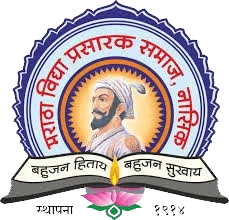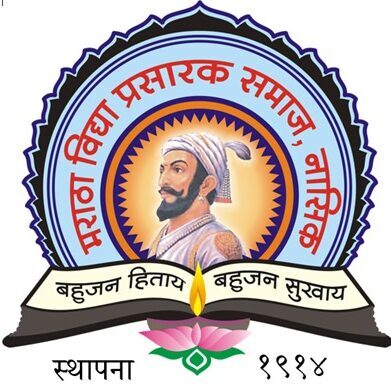About the Department
The department of Botany has been in the forefront of teaching and research in the science since its establishment in 1998. The original aim of providing quality education to the educationally under privileged tribes of the Igatpuri tehsil. The department is enriched with learning resources such as charts, slides, herbarium and modern facilities like computers, internet, interactive panel, tissue culture laboratory These resources help the students in independent learning.
The Department teaching faculty is actively involved in research in various fields of Botany, which include Pharmacognosy, Plant Pathology, Angiosperm taxonomy, Mycology, Plant Physiology, Plant Biotechnology & Ecology. Head of the Department, Mr. D.S Antapurkar has 10 years of Teaching experience and contributing to the Department as a teaching. Mr. D. S. Antapurkar is experts in their respective fields and published about 03 research papers in International Peer reviewed Journals, 1 chapter in book, 02 reference book on Plant Physiology & 02 international patent. He has also attempted 02 international conferences and presented research papers also, 03 national conferences, syllabus framing workshop and invited as a guest lecturer. Ms. Seema T. Ghorpade is expert in their respective field. Mr. S.S. Shinde has 04 years of Teaching experience. He has also attempted 02 national conference and 03 state level conference.
Objectives
- To impart knowledge of a science as the basic objective of education.
- A holistic development and academic excellence to contribute effectively to the understanding of the subject.
- To create a scientific attitude to make student for open minded, critical & curious.
- To impart quality education in the field of Botany enabling our students to confidently face the job market.
- To develop the students with the basic skills in practical work, Experiments, Equipment’s identifying and labelling different plants
Vision
- To develop interest among the students towards the subject and provide skillful youth resource for conservation and to conduct various awareness programs.
- To promote the culture of learning by educating students in the basics of plant science, its related components, and evolving advancements that will serve science and the nation in the twenty-first century.
Mission
- To offer wide and relevant education to the students with a view of shaping their scientific temperament, environmental awareness and to uplift the students capable of facing challenges in life efficiently and carve their own future.
- To instil the students with knowledge and to promote practical skills in the field of botany so as to develop a centre of excellence.
Goals
- To Impart quality education in the fields of Botany to make the students acquire an in-depth knowledge relevant to local, regional and national needs.
- To provide well trained careers and inculcate the concept of conservation of biodiversity.
PO, CO & PSO : View Link

